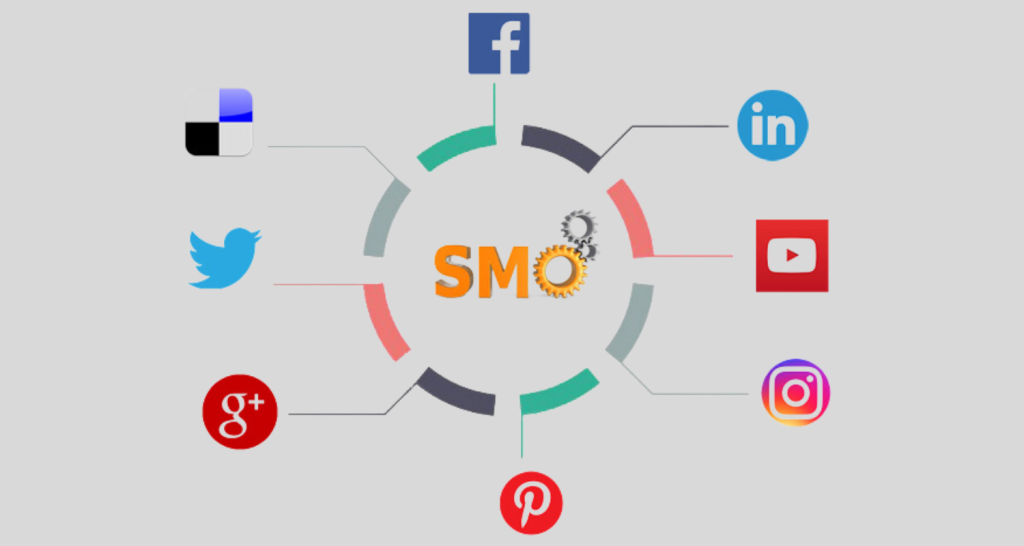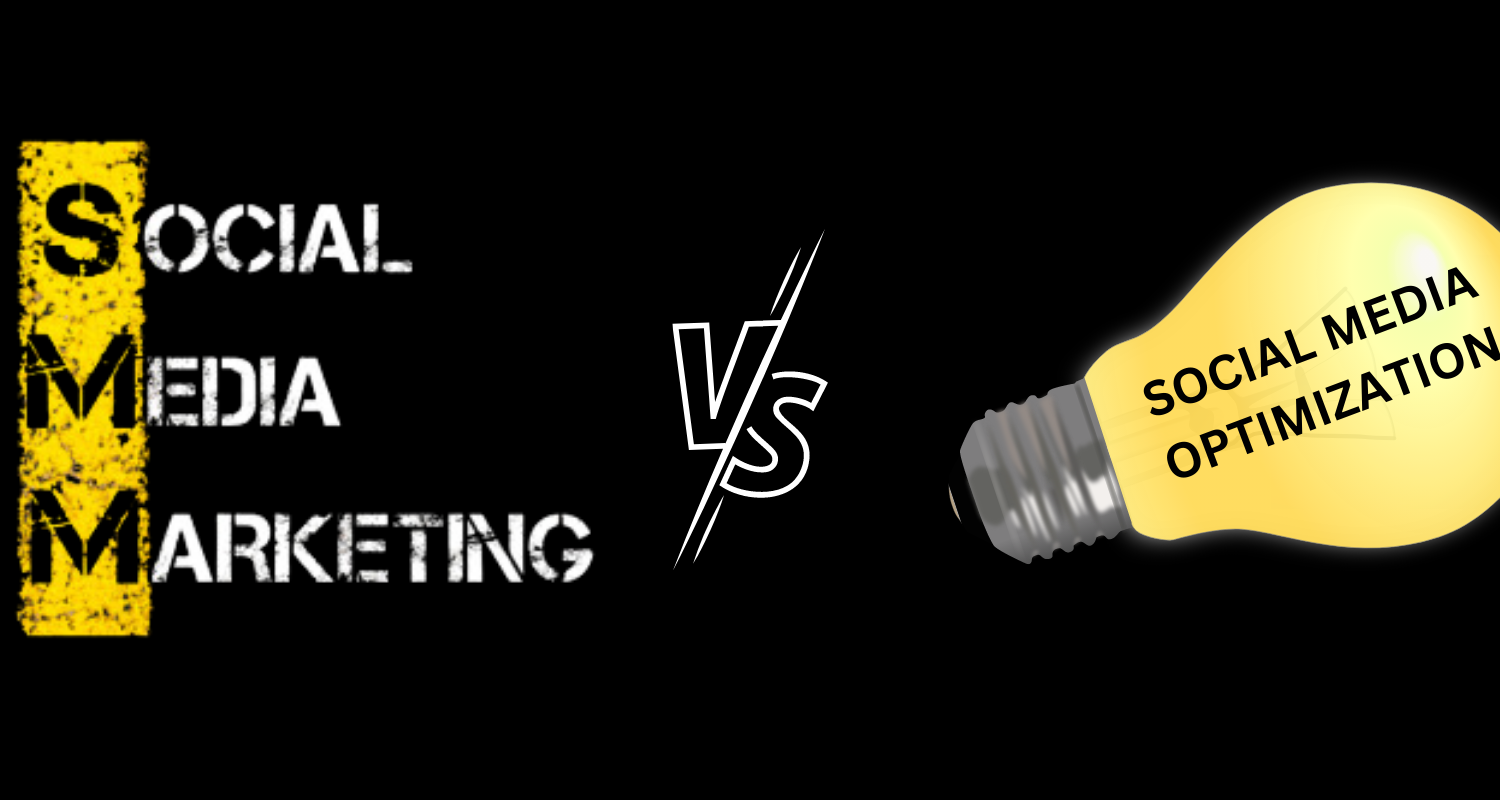Businesses are using social media platforms to engage with their target audience and increase brand visibility in the modern digital era. SMM (social media marketing) and SMO (social media optimization) are two well-liked methods for maximizing the potential of social media. The Difference Between Social Media Marketing and Social Media Optimization.
Even though they are similar, the two strategies differ greatly from one another. This article seeks to clarify the differences between SMM and SMO while highlighting their individual traits and advantages.
How to Become a Technical Writer with No Experience
What is Social Media Marketing (SMM)?
Social Media Marketing refers to the practice of utilizing social media platforms to promote products, services, or brands. It involves creating and sharing engaging content to attract and retain a specific audience. SMM strategies often include paid advertising, influencer collaborations, and sponsored posts. The primary goal of SMM is to drive traffic, generate leads, and increase conversions.

What is Social Media Optimization (SMO)?
Social Media Optimization focuses on optimizing social media profiles and content to improve organic visibility, engagement, and reach. SMO strategies involve refining profile information, utilizing relevant keywords, using hashtags effectively, and encouraging social sharing. The objective of SMO is to enhance brand visibility, build a strong online presence, and foster user engagement.

Key Differences Between SMM and SMO:
- Approach: SMM emphasizes paid advertising and sponsored content, while SMO focuses on organic optimization and user engagement.
- Goals: SMM aims to drive conversions and generate leads, whereas SMO aims to improve visibility, engagement, and brand recognition organically.
- Cost: SMM often requires a budget for paid ads, while SMO can be achieved with minimal or no financial investment.
- Speed: SMM can yield quick results due to the use of paid promotions, while SMO is a gradual process that requires consistent effort and optimization.
- Targeting: SMM allows precise targeting through advanced demographic and interest-based options, whereas SMO relies on appealing to a broader audience through organic tactics.
Which one is more suitable as a career choice?
Choosing between SMM and SMO as a career depends on personal interests, skills, and long-term goals. SMM offers opportunities for those who enjoy data analysis, paid advertising, and driving measurable results. On the other hand, SMO may be more suitable for individuals with a passion for content creation, community management, and organic growth. Both fields require a strong understanding of social media platforms, analytics, and audience behavior. Ultimately, selecting the right path depends on individual strengths and career aspirations.
Conclusion:
Social media marketing and social media optimization are distinct strategies used to leverage the power of social media platforms. While SMM focuses on paid advertising and driving conversions, SMO emphasizes organic visibility, engagement, and brand recognition. When considering a career choice, individuals should assess their skills, interests, and long-term goals to determine which path aligns best with their aspirations. Regardless of the chosen path, a solid understanding of social media platforms, analytics, and audience behavior will be invaluable in achieving success.
FAQs:
Q1: Can social media marketing and social media optimization be used together?
A1: Yes, combining SMM and SMO strategies can yield comprehensive and effective social media campaigns. By utilizing paid advertising alongside organic optimization, businesses can maximize their reach and engagement.
Q2: Does SMM or SMO require a specific skill set?
A2: Both SMM and SMO require skills such as content creation, social media management, analytics, and audience targeting. However, the emphasis may vary depending on the chosen path. SMM professionals should have a strong grasp of paid advertising platforms, data analysis, and campaign optimization. SMO specialists, on the other hand, need expertise in content strategy, community management, and organic growth tactics.
Q3: Can SMM and SMO benefit small businesses?
A3: Absolutely! Both SMM and SMO can be highly beneficial for small businesses. SMM allows targeted advertising, helping small businesses reach their specific audience, drive conversions, and increase brand awareness. SMO, on the other hand, enables small businesses to build an organic online presence, engage with their audience, and establish credibility without a significant financial investment.
Q4: How long does it take to see results with SMM and SMO?
A4: SMM can provide relatively quick results due to the use of paid advertising. Depending on the campaign goals, businesses can start seeing results within days or weeks. On the other hand, SMO is a gradual process that requires consistent effort and optimization. It may take several weeks or even months to see significant improvements in organic visibility and engagement.
Q5: Are SMM and SMO limited to specific social media platforms?
A5: No, both SMM and SMO can be applied across various social media platforms. The choice of platforms depends on the target audience and business objectives. Common platforms include Facebook, Instagram, Twitter, LinkedIn, Pinterest, and YouTube. It's important to identify where the target audience is most active and tailor strategies accordingly.
